Urologic Oncology
Urologic oncology focuses on diagnosing and treating cancers of the urinary tract and the male reproductive system. Here’s a breakdown of key aspects:
Treatment:
Urologic cancers often require a personalized approach, with treatment plans combining various methods:
- Surgery: This remains a mainstay, ranging from minimally invasive techniques (laparoscopic, robotic) to open surgeries. Options include removal of the affected organ (kidney, bladder, prostate) or a portion of it.
- Radiation therapy: Uses high-energy X-rays to target and destroy cancer cells. Can be delivered externally or internally (brachytherapy).
- Chemotherapy: Employs powerful drugs to kill cancer cells throughout the body.
- Hormonal therapy: Manipulates hormone levels to inhibit cancer growth (common for prostate cancer).
- Immunotherapy: Boosts the body’s immune system to recognize and attack cancer cells.
- Targeted therapy: Newer drugs targeting specific cancer cell mutations or pathways.
Procedures:
Specific procedures depend on the type and stage of cancer. Here are some examples:
- Radical prostatectomy: Surgical removal of the prostate gland used for prostate cancer.
- Cystectomy: Removal of all or part of the bladder for bladder cancer.
- Nephrectomy: Removal of one or both kidneys for kidney cancer.
- Testicular removal: Removal of one or both testicles for testicular cancer.
- Ureteral surgery: Procedures to address blockages or removal of a portion of the ureters (tubes carrying urine from kidneys to bladder).
Who is Suitable?
The suitability for a specific treatment depends on several factors:
- Type and stage of cancer: Early-stage cancers might favor surgery, while advanced stages might involve combinations of treatments.
- Overall health: Underlying medical conditions can influence treatment choices.
- Age and individual preferences: Younger patients might tolerate certain treatments better, and individual preferences regarding potential side effects are an important factor.
Who is Not Suitable?
Certain treatments might not be suitable for patients with:
- Severe underlying health conditions that pose significant surgical risk.
- Advanced cancer stages where curative options are limited.
- Specific patient preferences outweighing potential benefits of certain treatments.
Advantages:
- Potential for cure: Early-stage cancers can often be cured with surgery or a combination of treatments.
- Improved quality of life: Treatment can alleviate symptoms like pain, bleeding, or urinary problems.
- Advancements in technology: Minimally invasive surgeries and targeted therapies offer less-invasive and potentially more effective options.
- Preserving sexual and urinary function: Certain surgical techniques and treatments aim to minimize impact on these aspects.
Complications:
The specific complications depend on the type of treatment and the patient’s health. Here are some general possibilities:
- Surgery: Infection, bleeding, pain, damage to nearby organs (depending on the surgery).
- Radiation therapy: Fatigue, skin irritation, urinary problems, bowel issues, depending on the radiation field.
- Chemotherapy: Fatigue, nausea, vomiting, hair loss, increased risk of infection.
Preoperative Care:
- Comprehensive medical evaluation to assess overall health and suitability for surgery.
- Imaging tests to pinpoint the tumor location and size.
- Blood tests to check organ function.
- Education and discussion about the surgery, potential risks, and recovery process.
- Stopping smoking (if applicable) to improve healing.
Postoperative Care:
- Pain management with medication.
- Physical therapy to regain strength and mobility.
- Monitoring for signs of infection.
- Follow-up appointments to monitor recovery and check for recurrence.
- Management of potential side effects like urinary incontinence or sexual dysfunction.
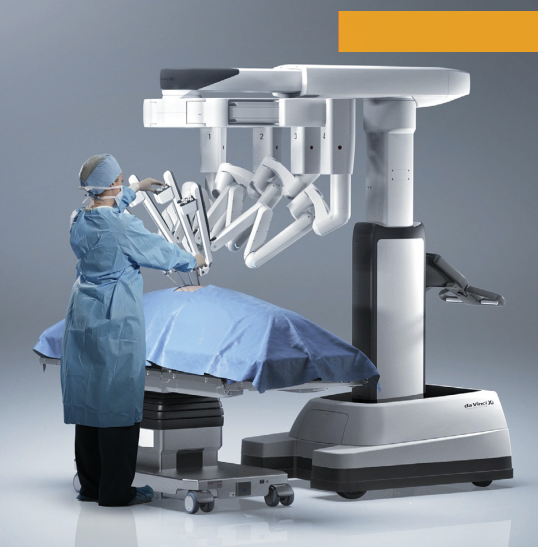
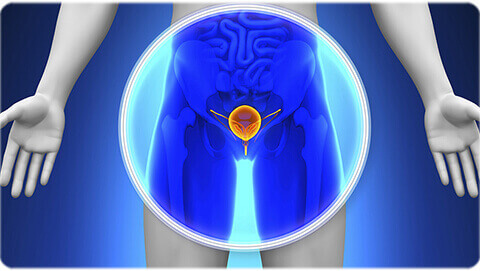
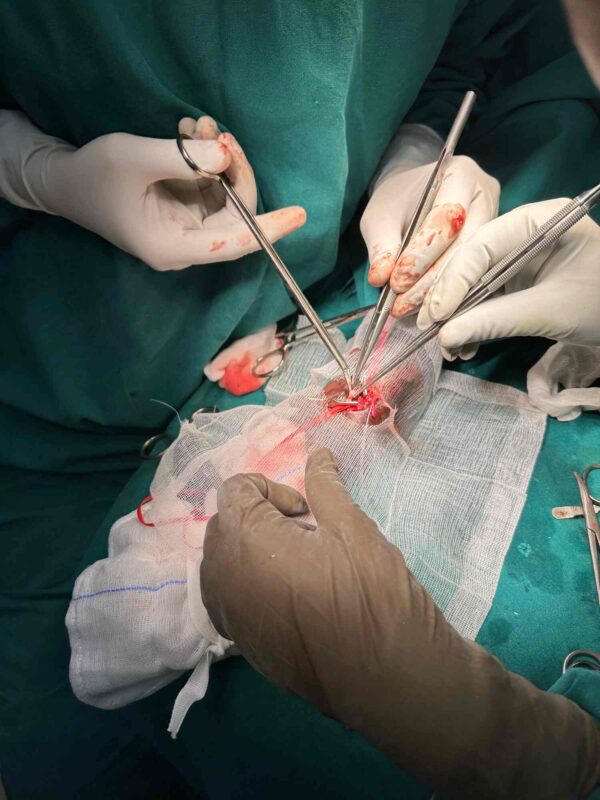
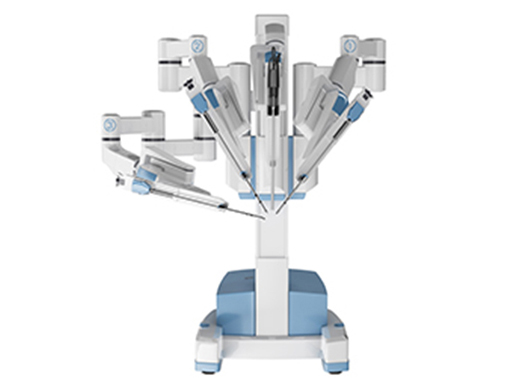
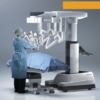
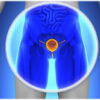
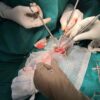
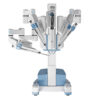
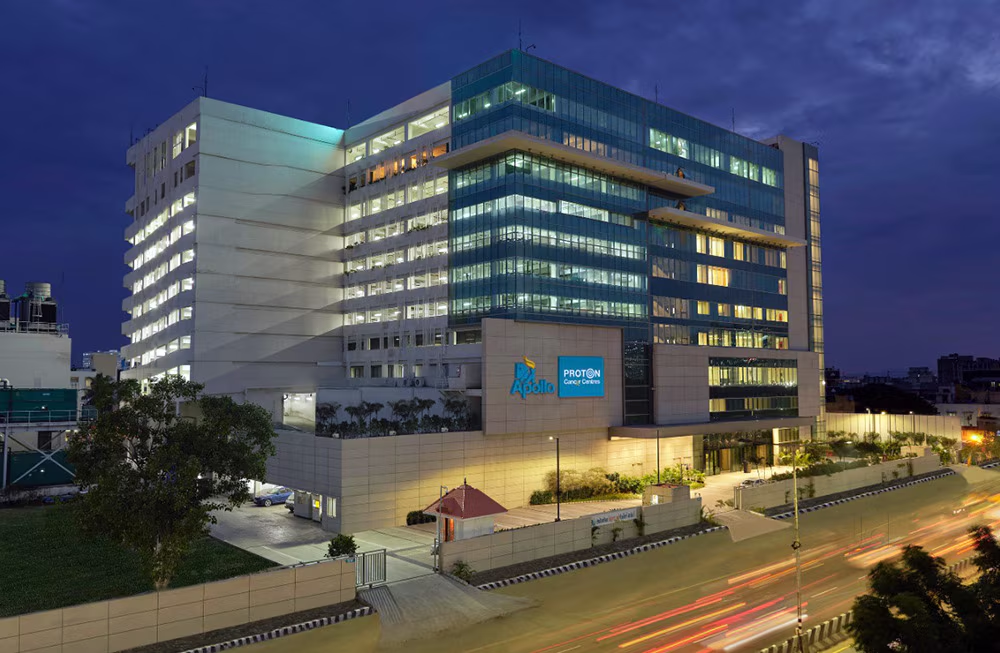


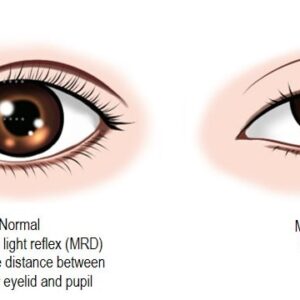
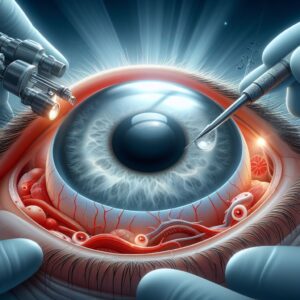
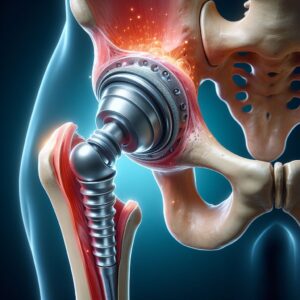
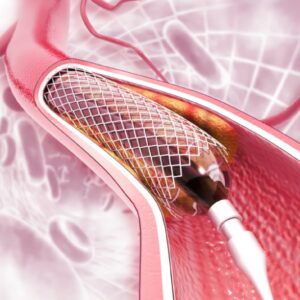
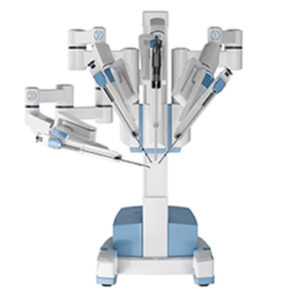
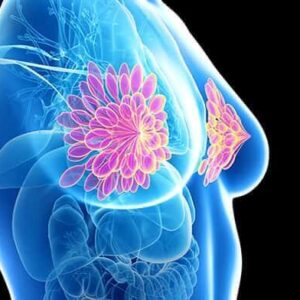

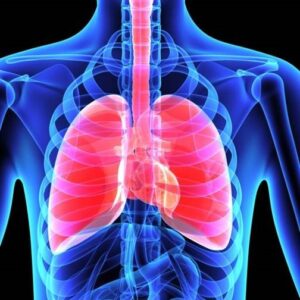
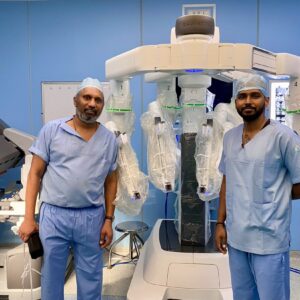
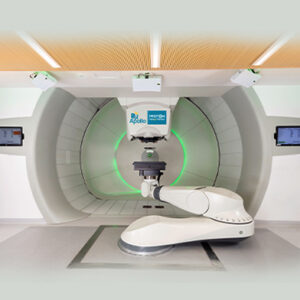
Reviews
There are no reviews yet.